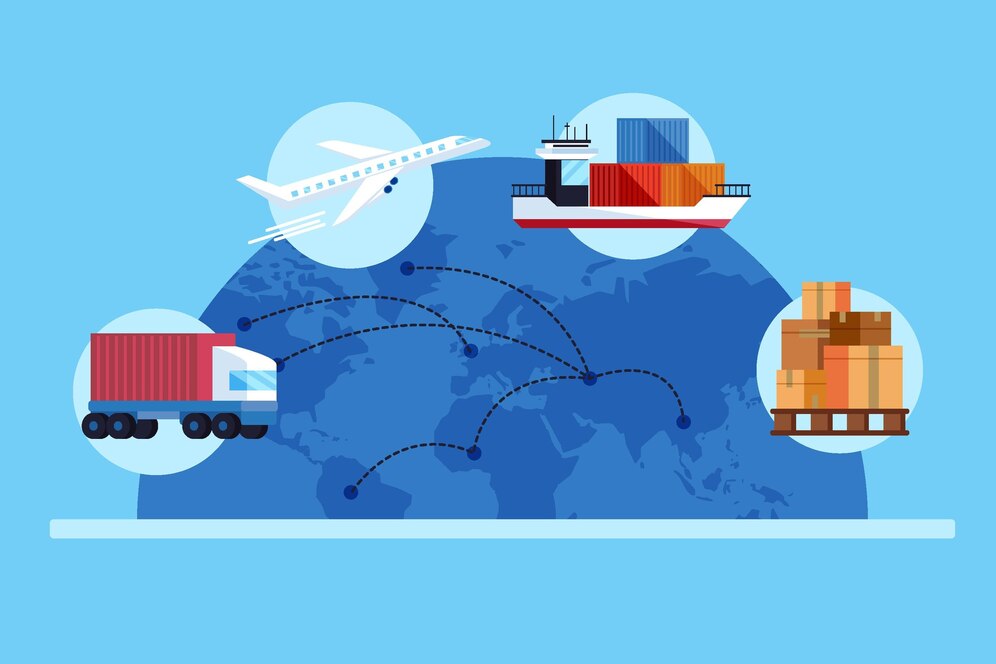5 Ways SCAC Codes Streamline Cross-Border Shipping

The Challenge of Cross-Border Shipping
International shipping is a complex puzzle of regulations, documentation, and coordination. SCAC codes have emerged as a critical tool in solving these challenges, providing a standardized approach to carrier identification that transcends national borders.
1. Customs Clearance Acceleration
SCAC codes provide customs officials with instant, reliable carrier identification. This standardization dramatically reduces processing times at border crossings. When a shipment's SCAC code can be quickly verified, it minimizes potential delays caused by documentation uncertainties.
2. Universal Carrier Identification
Unlike local identification systems, SCAC codes are recognized internationally. Whether shipping from the United States to Canada, Mexico, or beyond, these codes provide a consistent identifier that works across different transportation systems and regulatory environments.
3. Electronic Data Interchange (EDI) Integration
Cross-border shipping relies heavily on electronic communication. SCAC codes are a critical component of international EDI transactions, ensuring that shipping information is accurately transmitted between carriers, customs brokers, and logistics providers across different countries.
4. Risk Mitigation and Compliance
International shipping involves navigating complex regulatory landscapes. SCAC codes help companies maintain compliance by providing a standardized way to track carrier credentials, insurance, and regulatory standing across different jurisdictions.
5. Simplified Multimodal Transportation
Cross-border shipments often involve multiple transportation modes – truck, rail, ocean, and air. SCAC codes provide a consistent identification method that works seamlessly across these different transportation types, simplifying tracking and logistics management.
Real-World Impact
Consider a shipment of automotive parts from a manufacturer in Michigan to a production facility in Ontario. With proper SCAC code implementation, the shipment can move smoothly across the U.S.-Canada border, with each carrier precisely identified and tracked throughout the journey.
Best Practices for International Shipping
- Verify SCAC codes before international shipments
- Maintain an up-to-date database of international carrier codes
- Train logistics teams on SCAC code importance
- Use advanced TMS systems that support international SCAC code verification
Conclusion
In an increasingly globalized world, SCAC codes are more than just identifiers – they are essential tools that make international shipping more efficient, transparent, and reliable.
Jennifer Chen
International logistics expert specializing in cross-border transportation and supply chain optimization.



